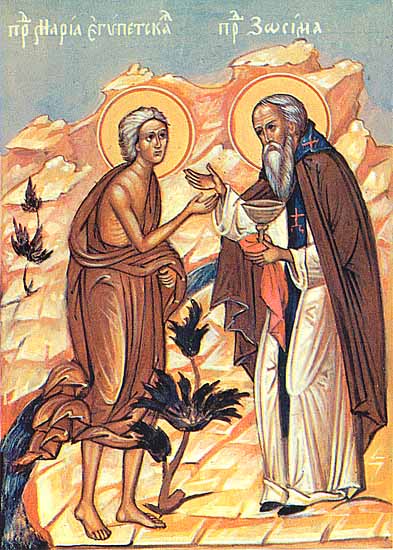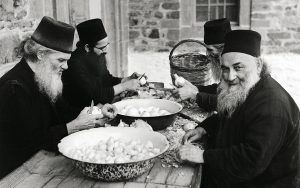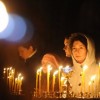The recession has changed everything for many people. While many continue to pursue the secular idealism that was previously enabled by easy access to capital, many are discovering that real and meaningful change is much harder. It’s easy to preach “think globally, act locally,” but it is very difficult to do. Theoretically, people still agree that community is important to society, but they are challenged by conflicting social attributes that hinder involvement in their local communities.
It is a statistical fact that, in modern American society, disillusionment with faith and religion has resulted in a landslide movement towards services such as Facebook as our chief “community” builders. Belief no longer bonds people together, so friendship and community can acceptably be maintained on the most peripheral levels of social contact. Friendship and community are defined by the amount of information exchanged, not by bonds of emotion, commitment, or experience. And God? He’s just out of the picture until He learns to text.
Despite the fact that actual social circles are shrinking and loneliness is increasing exponentially, the majority of people in America (the largest demographic group since the baby-boomers) still rank personal freedom over genuine relationships. The planet can be saved by the power of the Internet, but longterm relationships are just too high-maintenance. With the real-estate crash came the shocking reality that most people are content with not owning a home. Today’s people subscribe to a culture of services and leasing. Services that allow their lives to be prioritized around convenience: Peapod, Mint, Netflix, Pandora, Alice, ZipCar, etc. More and more, people do this in order to pay less, acquire more, and make a change the instant an impulsive desire hits.
Owning a car used to be the key to freedom; now it is viewed as a liability that ties one down. And being tied down must be avoided in order to move in a month or two for that new job, or to relish a city’s downtown life, or to travel incessantly. Unfortunately, the dot-com commercial structure quickly identified personal flexibility with increased profits and therefore exploited the trend in every avenue of the marketplace. Flexibility in personal relationships, living arrangements, and one’s definition of “community” was essential. The weak ties of Facebook and Twitter friendships were actually critical to the ongoing lightspeed pace of technology and commerce.
Current studies speculate that by the time today’s society makes a commitment, has a family, and settles down—for research shows that is still the ultimate intention—it may be too late to experience what it means to thrive in a local community. As our country is now learning painfully, authentic life and community do not accommodate the weak ties associated with this era. Physiological counseling, suicide, chronic loneliness, depression, and addiction are all on the rise as the greater portion of the population comes face to face with the reality that video games, Netflix, and Facebook simply cannot fill the ever-expanding void they feel on the inside; but they’ve lost the essential ingredient required in the solution: faith.
Faith in the Divine, faith in enduring relationships, faith that experience is superior to information, that deliberate perseverance, not impulsive change, is what develops character, increases hope, and provides the hindsight that is essential to wisdom, stability, and happiness.
When St. Mary of Egypt fled her life of sin by entering the desert alone, she had nothing but a set of clothing, a bit of food, and faith. Faith that there must be something that transcended the shallow pleasures she had become addicted to. Faith that there were absolute truths for which it was worth denying oneself: the inherent goodness in humanity, the safe haven of creation, and the undeniable desire in her heart to experience the love of God personally. A faith that culminated in years of using her personal freedom to overcome every weakness, to endure years of isolation for the sake of genuine experiences of an eternal nature: the overcoming of hardship, angelic visitation, miracles, triumph in demonic warfare, Christlike holiness and, unintentionally but ultimately, true greatness.
Suddenly I recall the ever-memorable Martin Luther King, Jr. He didn’t have the Internet, a cell phone, or easy access to dot-com capital. He certainly didn’t value convenience over commitment, or personal freedom over absolute selfsacrifice. All he had was Christian faith in a vision: a dream that he believed in. May we be a people of faith, with visions, submitting to absolutes.
Source: St. Lawrence Orthodox Church




















